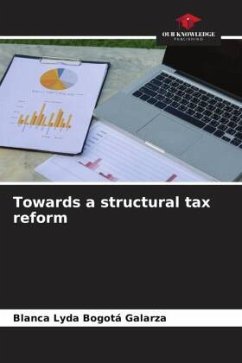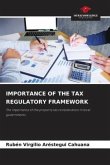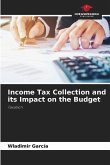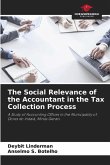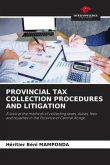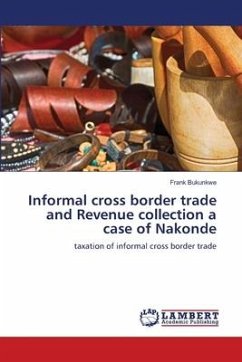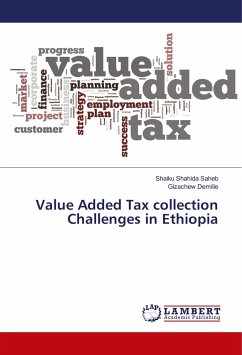The tax reforms of the last decade have been supported by the national government under the need to obtain greater revenues in order to avoid a fiscal crisis, a brake on development, an unmanageable economic and social situation and an unsustainable level of indebtedness. In effect, the proposals presented by the government have ended up being temporary reforms that temporarily increase revenues through withholdings, tariff increases or new taxes, after which it is concluded that the reform is temporary and it is necessary to make a new one in the following period. However, with the issuance of Law 1819 of 2016 it is intended to change this situation but the characteristics that are evident point to the conclusion that the approved reform has some structural elements but still lacks a comprehensive structure that remains in time and encourages investment.
Bitte wählen Sie Ihr Anliegen aus.
Rechnungen
Retourenschein anfordern
Bestellstatus
Storno

